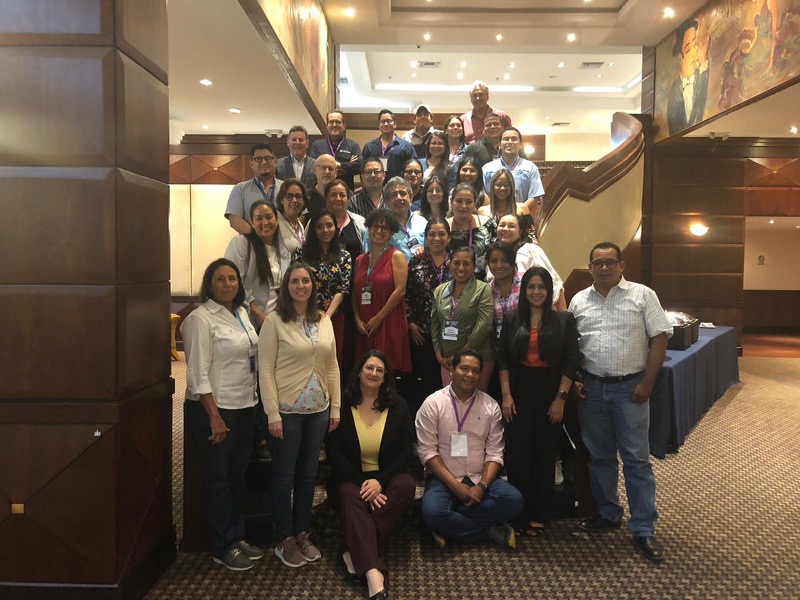-
Trainingarrow_drop_down
- About Training
-
Internationalarrow_drop_down
- About International
- Produce Safety Alliance Grower Training
- Good Fishing Vessel Practices
- Aquaculture Training Programs
- Good Agricultural Practices
- Commercially Sterile Packaged Foods
- Food Inspector Training
- Supply Chain Management for Spices and Botanical Ingredients
- WTO-SPS Professional Development
- Training Data
-
Collaborationsarrow_drop_down
- About Collaborations
-
International Collaborationsarrow_drop_down
- About International Collaborations
- About Collaborative Training Initiatives
- Collaborative Produce Safety Training Initiative
- Bangladesh Aquatic and Aquacultural Food Safety Center
- IICA-JIFSAN Collaborative Training Initiative for the Americas
- India Supply Chain Management for Spices and Botanical Ingredients (SCMSBI)
- Malaysia Ministry of Health Collaborative Framework on Food Safety Capacity Building
- Thailand Center for Commercially Sterile Packaged Foods
- About
- News & Events
- Training
- Research
-
Collaborations
-
International Collaborations
- About Collaborative Training Initiatives
- Collaborative Produce Safety Training Initiative
- Bangladesh Aquatic and Aquacultural Food Safety Center
- IICA-JIFSAN Collaborative Training Initiative for the Americas
- India Supply Chain Management for Spices and Botanical Ingredients (SCMSBI)
- Malaysia Ministry of Health Collaborative Framework on Food Safety Capacity Building
- Thailand Center for Commercially Sterile Packaged Foods
- Partnerships
-
International Collaborations
- Informatics
JIFSAN Presented Seafood HACCP Train-the-Trainer Course in Guayaquil, Ecuador
November 2022
JIFSAN collaborated with Cámara Nacional de Acuacultura (CAN) and the Subsecretaria de Calidad e Inocuidad (SCI) to present a 4-day AFDO/Seafood HACCP Alliance (SHA) Seafood HACCP Train-the-Trainer (TTT) workshop in Guayaquil, Ecuador November 14-17, 2022, to 21 participants. The in-person workshop prepared eligible participants to become qualified Seafood HACCP Alliance instructors to then be able to conduct their own in-country standard SHA Seafood HACCP trainings. This course was taught by 3 qualified Seafood HACCP Alliance instructors and included training techniques, materials, and the requirements needed to conduct SHA training.


